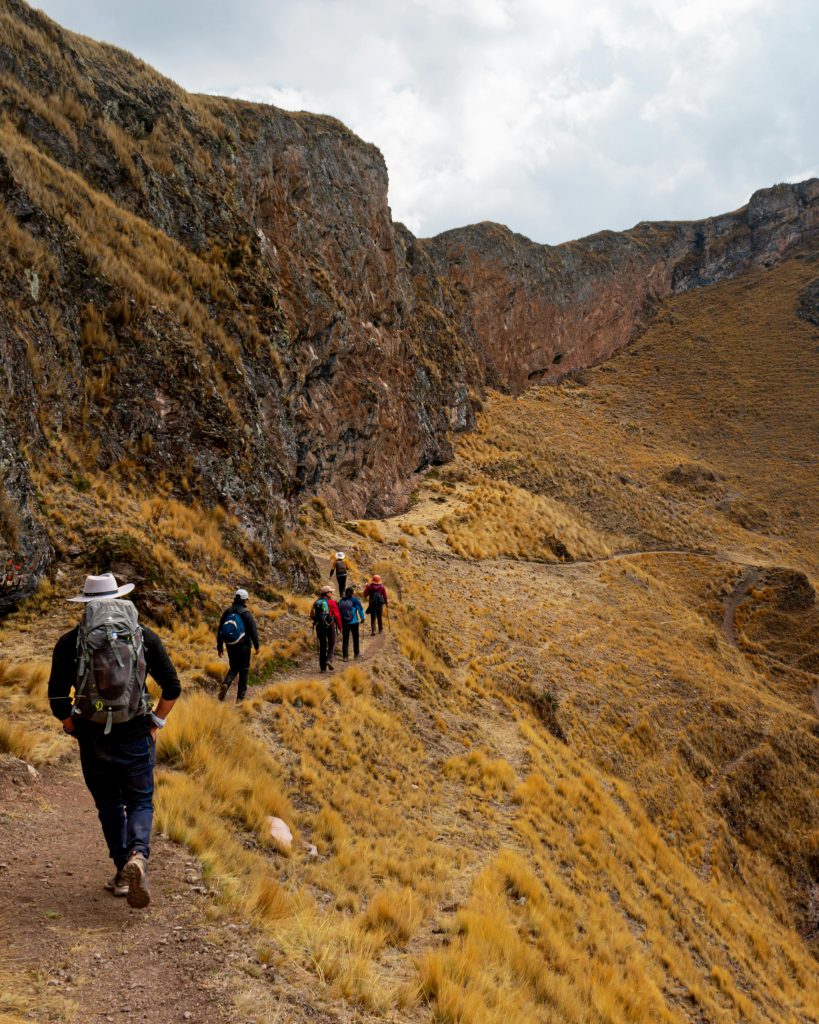Travelers from all over the world dream of experiencing the untouched beauty of Torres del Paine National Park, one of Chile’s most iconic natural wonders. Known for its soaring granite towers, vast glaciers, turquoise lakes, and abundant wildlife, the park is a true paradise for adventurers. As tourism grows, so does the need for responsible and sustainable practices. Choosing eco-friendly ways to explore torres del paine national park ensures that future generations can continue to enjoy this extraordinary place while protecting its fragile ecosystems.
Why Torres del Paine National Park is Unique
Torres del Paine National Park stands out as a UNESCO Biosphere Reserve and is often regarded as one of the most stunning trekking destinations in the world. The park covers over 180,000 hectares, offering a variety of landscapes that range from Patagonian steppe to glacial valleys. Within the boundaries of Torres del Paine National Park, travelers can spot guanacos, foxes, condors, and even elusive pumas. The dramatic weather shifts add to the adventure, making every visit an unpredictable yet thrilling experience.
Sustainable Travel in Torres del Paine National Park
When exploring Torres del Paine National Park, sustainable travel means minimizing your impact on the environment while maximizing your connection to nature. Visitors are encouraged to follow Leave No Trace principles, respect wildlife habitats, and stick to designated trails. Eco-friendly accommodations, such as those powered by renewable energy, help reduce the carbon footprint of tourism. By choosing such options, travelers actively contribute to the preservation of Torres del Paine National Park.
Eco-Friendly Accommodations
One of the most significant ways to practice sustainability in Torres del Paine National Park is through eco-conscious lodging. Ecocamp Patagonia, for example, operates with solar and hydro power, uses composting toilets, and promotes zero waste initiatives. These practices allow guests to immerse themselves in the beauty of Torres del Paine National Park without harming its delicate ecosystems. Staying in eco-domes also provides a unique opportunity to enjoy comfort while being deeply connected to nature.
Responsible Trekking in Torres del Paine National Park
Trekking is one of the main attractions in Torres del Paine National Park, with routes such as the famous W Trek and the longer O Circuit. To protect the trails, it is crucial that visitors stay on marked paths and avoid creating shortcuts. Carrying reusable water bottles and refillable containers helps minimize plastic waste in Torres del Paine National Park. Responsible trekking not only enhances the experience but also ensures that the pristine landscapes remain intact.
Wildlife Conservation
Torres del Paine National Park is home to diverse species, many of which are sensitive to human interference. Observing wildlife from a distance, avoiding feeding animals, and respecting natural behaviors are vital practices. Conservation efforts within Torres del Paine National Park focus on protecting puma populations and maintaining the balance of native flora and fauna. By following park guidelines, travelers play a role in safeguarding biodiversity.
Cultural Connection
Exploring Torres del Paine National Park is not just about nature; it is also about connecting with the cultural heritage of Patagonia. The region has a deep history of indigenous communities and gaucho traditions. Learning about local culture while traveling through Torres del Paine National Park enriches the experience and fosters respect for the land and its people.
Conclusion
Sustainable travel in Torres del Paine National Park is more than a choice—it is a responsibility. Every action taken, from staying in eco-friendly accommodations to trekking responsibly and respecting wildlife, contributes to the preservation of this extraordinary landscape. By embracing sustainable practices, travelers not only experience the awe-inspiring beauty of Torres del Paine National Park but also ensure its protection for future generations. Choosing responsible travel means leaving a positive footprint and allowing Torres del Paine National Park to remain a beacon of natural wonder for years to come.
